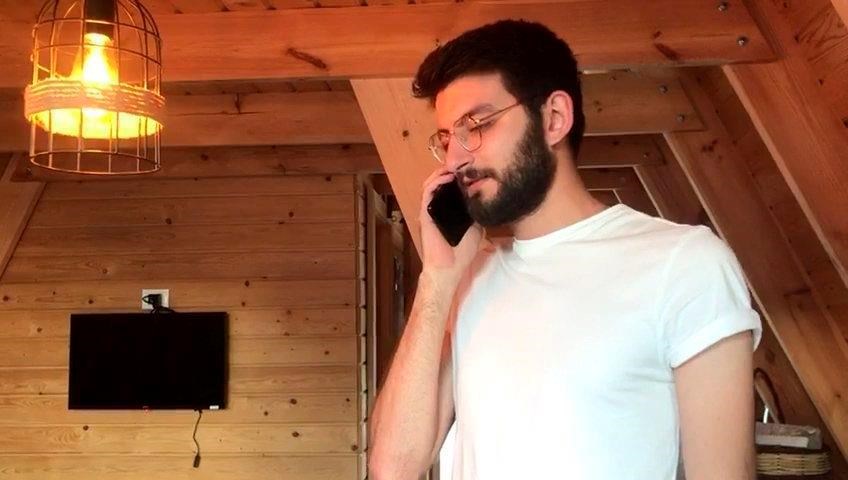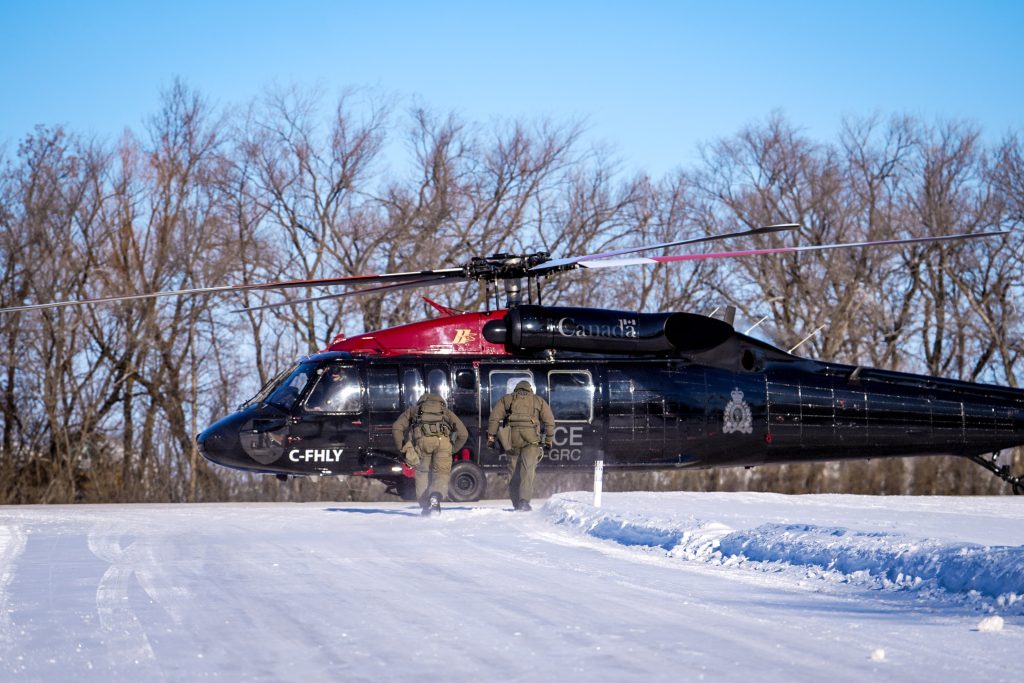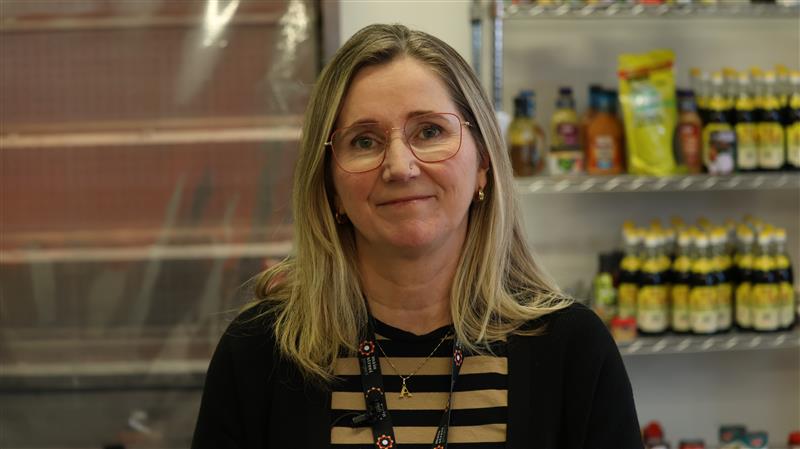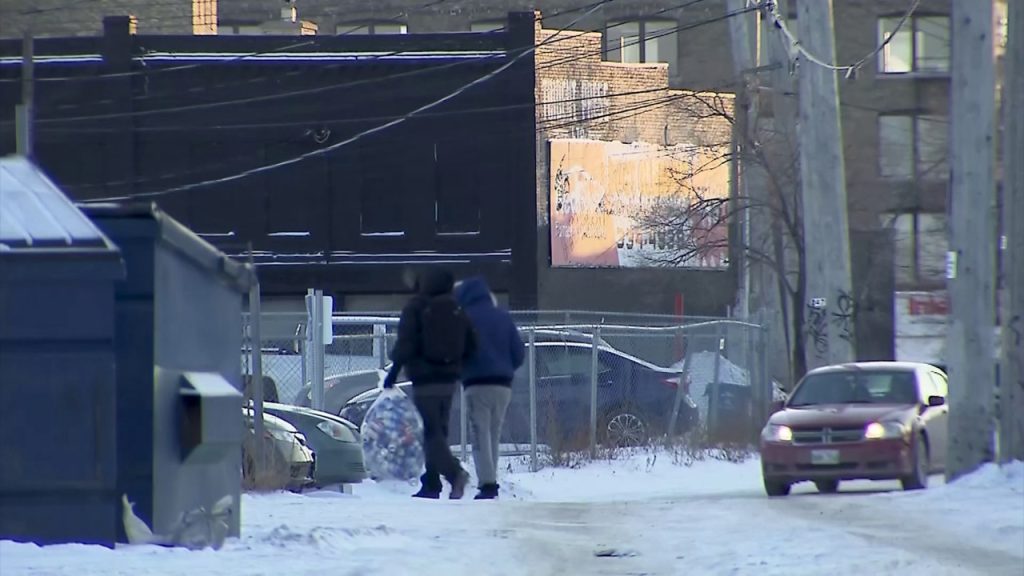After Beirut explosion, helpers tend to shock and trauma

Posted August 24, 2020 7:33 am.
When a massive explosion ripped through Beirut this month, Yorgo Younes scurried to flee his building. He saw children crying and adults screaming as they scrambled for safety, one running barefoot over jagged pieces of glass in a state of shock and fear.
A clinical psychologist, Younes thought of the toll this moment would exact. “I had a choice either to panic, too, or to do something.”
Online, Younes and others offered to help those grappling with the shock and trauma of a blast that devastated a people wearied by severe economic turmoil and the coronavirus pandemic and related hardship.
“Already, we were going through a very tough period in Lebanon,” he said. “And then came this explosion. It made everyone, in a way, blow up as well.”
The blast — caused by the ignition of nearly 3,000 tons of ammonium nitrate warehoused at the city’s port — killed nearly 180 people, left many missing, injured thousands more, destroyed homes and shattered a facade of normalcy.
After his offer to provide what he describes as “psychological first aid,” Younes says he has received dozens of calls and messages seeking help.
People have turned to him with complaints of anxiety, difficulty breathing, insomnia or having nightmares. Some had feelings of survivor’s guilt: Why did others lose their lives or homes while they were spared, they wondered. One mother described how her son constantly feared another explosion would hit and was getting jumpy at any noise.
Younes usually starts by telling them that their reactions are normal, works to calm them with breathing exercises and provides tips on how to deal with anxiety.
Offers to help navigate the trauma are part of a wider effort by many in Lebanon who, bound by catastrophe, closed ranks to tend to their collective wounds. They opened their homes for strangers or swept up streets strewn with glass and rubble, helping fill what many say is a void left by the state.
“In a moment where we all lost hope, in a way, I don’t know how it is that right away we decided we needed to do something,” Younes said. “We got back on our feet, and everyone tried to help in the way they know and to offer the skills they have.”
Nadine Ghanimeh, a psychotherapist who has also volunteered her services, said she wanted to offer presence and emotional support to those who are struggling.
“My generation knew war for long periods of time” — the Lebanese civil war started in 1975 and ended in 1990 — “and we all know how important the human presence is … at such times,” she said. “Once they understand that whatever they are feeling is normal and it will pass with time, this helps.”
Ghanimeh derives hope from the scenes of solidarity playing out amid the devastation.
“In this desolation, you would feel helpless,” she said. “Being able to act and do something about it helps both those doing the work and those at the receiving end.”
Fatima Ismail, a painter, also turned to social media offering to use art to help people navigate their emotions after the explosion.
In a recent Zoom session she hosted, she urged a small group to pour their feelings on paper in the form of a painting, or to visualize painting as she offered guidance. When they finished, Ismail encouraged participants to share their feelings.
One wrote that he was happy with the experience. Another said she felt sadness.
“How about you scribble this sadness on paper?” Ismail suggested. “The goal…is not to erase the feelings but, simply, to accept the feeling as is,” she said.
“Let it take its time, and let it pass,” she said, “because tomorrow we will rebuild.”
___
While nonstop news about the effects of the coronavirus has become commonplace, so, too, have tales of kindness. “One Good Thing” is a series of AP stories focusing on glimmers of joy and benevolence in a dark time. Read the series here: https://apnews.com/OneGoodThing
___
Associated Press religion coverage receives support from the Lilly Endowment through the Religion News Foundation. The AP is solely responsible for this content.
Mariam Fam, The Associated Press








